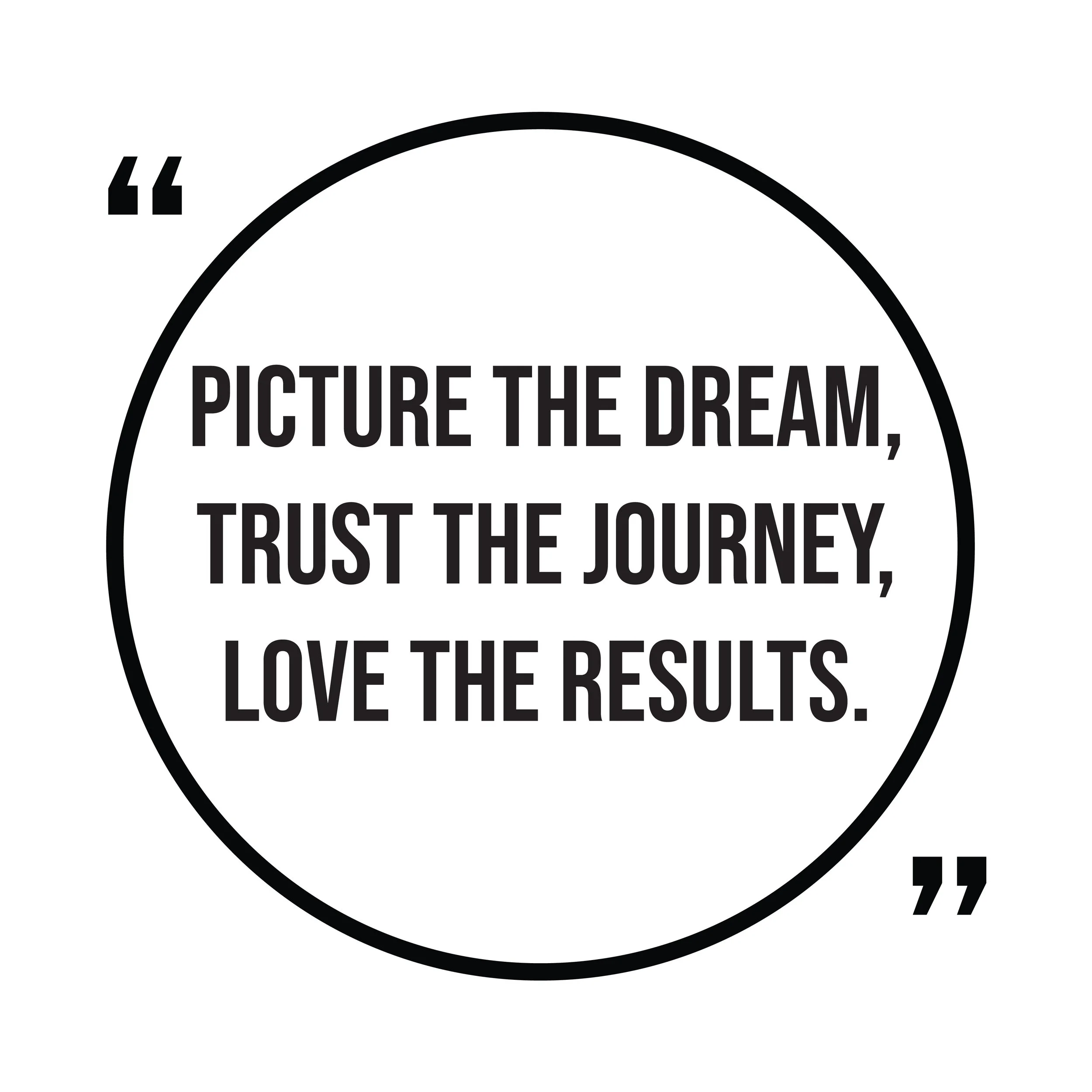Ask ten people what success looks like and you will likely hear ten different answers. Some will point to salary. Others will talk about title or influence. A few might mention flexibility, work-life balance, or impact. What is common is that too many professionals never stop to define success for themselves. Instead, they chase external markers or someone else’s expectations, and often find themselves burned out or dissatisfied when they achieve them.
One of the most strategic career moves you can make is to clearly define what success means to you. Without that clarity, you risk building a career that looks good on paper but leaves you unfulfilled.
The Problem with External Markers
Promotions, raises, and prestige can all be part of a healthy career, but they are not synonymous with personal success. When you default to external markers, salary ranges, job titles, social media highlights, you let others set the bar for you.
The cost is subtle but real. Professionals who operate without a personal definition of success often feel restless no matter what they achieve. They say yes to roles that look good but don’t align with their values. They hit milestones and immediately feel the need to chase the next one. This cycle leads to burnout and can make even major career wins feel hollow.
I have seen this repeatedly in coaching conversations. A client earns a promotion they worked years to get, only to realize the role requires sacrificing the very things they value most: family time, creative problem-solving, or flexibility. The promotion itself was not the problem. The lack of clarity about success was.
The Power of a Personal Definition
When you define success for yourself, you create a career compass. It becomes easier to evaluate opportunities, set boundaries, and make decisions that serve your long-term vision instead of someone else’s checklist.
Success is multi-dimensional. For some, it is leadership and influence. For others, it is the ability to create impact in their community or build financial security for their family. It might be the freedom to work remotely, or the chance to innovate and solve meaningful problems every day.
What matters is that your definition is yours. When you know what you are aiming for, your resume, job search strategy, and professional story all align. That alignment is what makes your career feel intentional rather than reactive.
How to Define Success: A Practical Framework
Defining success is not about a single question or a quick answer. It requires reflection and intention. Here is a simple framework to get started:
1. Reflect on your values and priorities. Ask yourself what matters most to you both inside and outside of work. Is it security? Impact? Autonomy? Growth? Your values set the foundation for your definition of success.
2. Identify what you want to experience daily. Think beyond milestones. What kind of work energizes you? What type of environment do you thrive in? Success is not just about end results; it is about the quality of your day-to-day experience.
3. Determine outcomes that matter to you. For some, that is compensation and financial stability. For others, it is building a legacy or making a difference in a specific field. Define the tangible results that will make you feel accomplished.
4. Align short-term goals with your long-term definition. Once you know your vision, filter decisions through it. Does this role move you closer to your version of success? Does it match your values and desired outcomes?
This definition is not fixed. Your priorities will shift over time, and that is healthy. The key is revisiting and refining it as your career and life evolve.
Overcoming Common Roadblocks
There are a few obstacles that often come up when people try to define success for themselves.
Fear of disappointing others. Many professionals stick to traditional career paths because they worry about how deviation will be perceived. The truth is, a career aligned with your values leads to better performance and satisfaction—benefiting you and your organization.
Comparison to peers. Social media amplifies this. Someone else’s success does not diminish yours. Stay focused on your own definition.
Uncertainty. Sometimes you are not sure what you want until you test and learn. Small experiments, taking on a stretch project, exploring a different role, or shifting responsibilities, can help clarify what success looks like for you.
Journaling, mentorship, and working with a career coach can make this process easier. Having a sounding board helps separate what you truly value from what you have been told to value.
The Career Impact of Clarity
When you know what success looks like to you, every aspect of your career becomes more focused. You evaluate opportunities through a personal lens. You negotiate roles and compensation with a clear sense of what matters. You craft a resume and LinkedIn profile that tell a cohesive story aligned with your definition, not a generic list of achievements.
In my work with clients, this is where career transformation happens. A clear definition of success allows us to build resumes, interview strategies, and job search plans that are authentic and targeted. It turns the job search from a scattershot effort into a strategic campaign.
Defining success is not just a nice exercise. It is a strategic advantage. Without it, you risk spending years chasing goals that do not fulfill you. With it, you create alignment between your career moves and your deeper priorities.
Take a moment to pause and ask yourself: What does success mean to me today? Write it down. Use it as a filter for your next decision.
Your version of success is the only one worth building toward.

